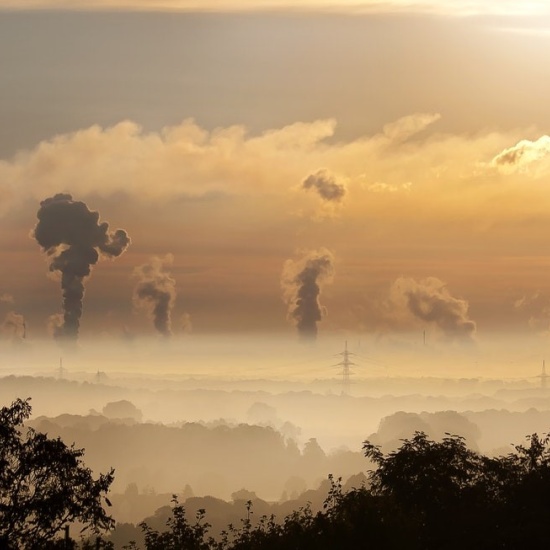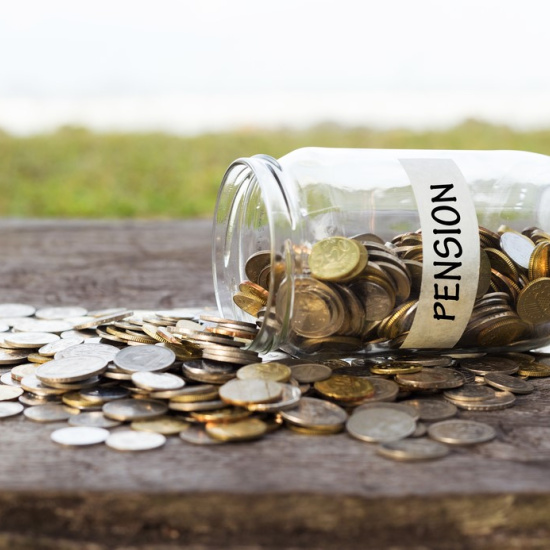Challenges and opportunities for energy security
Secure supplies of energy are essential for our economy and maintaining safe and comfortable living conditions.

Energy security means having uninterrupted access to reliable, affordable supplies of energy. Even short interruptions to our access to energy could have serious impacts on our economy and our ability to maintain basic standards of living. We all know what it feels like to lose power for even just a few hours after a storm. Energy security is one of the three pillars of energy policy, together with environmental sustainability and competitiveness. That also means that we must consider energy security in the context of global energy consumption's significant contribution to climate disruption.
In 2016, Ireland signed up to the Paris Agreement which set global climate targets to keep global temperature rise this century well below 2 degrees Celsius above pre-industrial levels. Unfortunately, the world is not on track to meet this goal of limiting the increase in global average temperature this century to safe levels. To do so will require fundamental changes in the global energy system, which currently remains heavily dependent on fossil fuels. Because the level of change required over the coming decades is so significant, we cannot evaluate future energy security by focussing on traditional fossil fuel supply chains, or by limiting the scope of analysis to existing policies and commitments with respect to emissions at the global level.
While the energy transition poses challenges for energy security, it also presents opportunities. For example, greater energy efficiency and using indigenous renewable energy supply can strengthen energy security, while reducing the energy sector's contribution to climate change, and also reducing our exposure to volatile fossil fuel prices.
Energy transition poses challenges and opportunities for energy security. Read latest @SEAI_ie blog by @dineenden and download recent Energy Security in Ireland report.
Click to tweet (opens in a new tab)Energy Security in Ireland
Our recent report, Energy Security in Ireland, provides an overview of what is a wide ranging and often complex issue. Understanding energy security requires detailed information on the energy we use. This includes the countries from where each fuel is sourced, global market conditions, transportation and other infrastructure requirements. It also requires analysis of the current trends in energy use, and of the significant changes that will occur in energy use both nationally and globally over the coming years. This report gathers data and analysis from a wide range of expert sources into one focused document, providing a robust basis for understanding these issues. Data in the report will inform an upcoming review by the Department of Communications, Climate Action and the Environment (DCCAE) of the security and sustainability of Ireland's electricity and natural gas systems.
The Government's Climate Action details significant ambition on decarbonisation being pursued by Government. The Recent Programme for Government raises the bar again and will seek to deliver net emissions reductions at 7% per annum to 2030 and a net zero target for 2050, in line with scientific advice on the rates of decarbonisation required. Delivery of this ambition will also contribute to a more secure energy system for Ireland.



